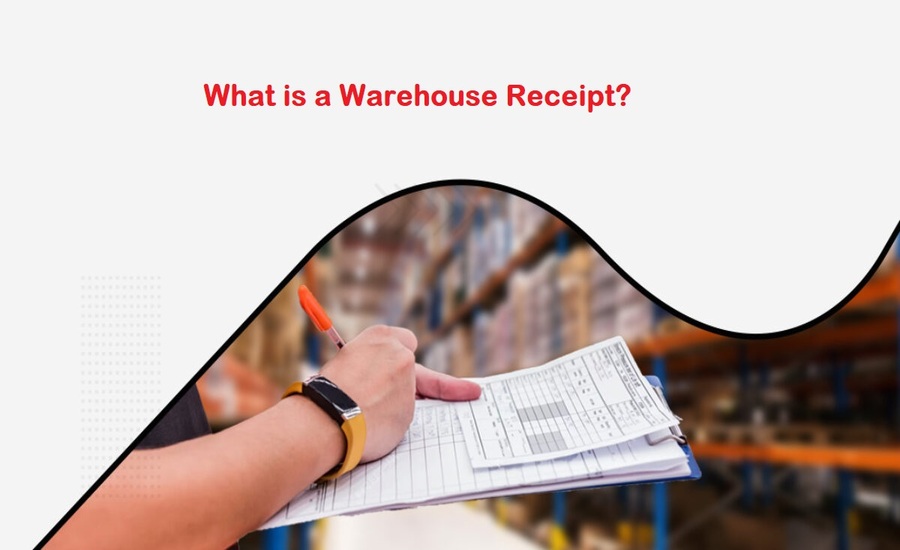What is a Warehouse Receipt?
A warehouse receipt is a document issued by a custodian to a depositor, confirming that the depositor has stored goods in a designated warehouse and granting the right to withdraw those goods. Typically issued by warehouses or logistics companies, the warehouse receipt serves as proof of storage and gives the holder the ability to either retrieve or transfer ownership of the goods. As a crucial financial tool in modern logistics, warehouse receipts simplify the trading and circulation of goods.
Warehouse receipts play a significant role in enhancing the liquidity and efficiency of goods transactions. In commodity trade and financial markets, warehouse receipts are especially important. Holders can trade goods by transferring the receipt without physically moving the products. This reduces logistical costs and speeds up transactions. Additionally, warehouse receipts can be used as collateral or pledges, enabling businesses or individuals to secure financing and improve financial flexibility.
The use of warehouse receipts is widespread, especially in both futures and spot markets. They ensure security and transparency in transactions. Warehouses act as third-party custodians, guaranteeing the safety of the goods. Since the warehouse receipt holds legal validity, it can be transferred or pledged in the market, making it indispensable in both physical trade and financial markets.
The Financial Function of Warehouse Receipts
In addition to their pivotal role in logistics and goods trading, warehouse receipts also function as financial tools. By pledging a warehouse receipt, a company can use stored goods as collateral to obtain loans from banks or other financial institutions. This feature makes warehouse receipts a key bridge between trade and finance, enhancing market liquidity and providing diverse financing channels.
The Importance of Warehouse Receipts in Modern Transactions
As globalization continues to advance, the role of warehouse receipts in international trade has become more prominent. For companies operating across borders, warehouse receipts are not just a certificate of goods storage but also a critical document that ensures smooth international logistics. The standardized management and use of warehouse receipts allow companies to more flexibly move goods between countries or engage in transactions. Whether it is for import-export activities or managing global supply chains, warehouse receipts significantly improve trade efficiency.
In this rapidly developing global economy, platforms like TraderKnows offer a community for sharing experiences and knowledge. Overall, warehouse receipts, as an essential tool in modern logistics and financial markets, have applications that go beyond traditional goods storage. With the help of warehouse receipts, businesses and individuals can not only increase trade efficiency but also secure financing, achieving greater commercial value.






